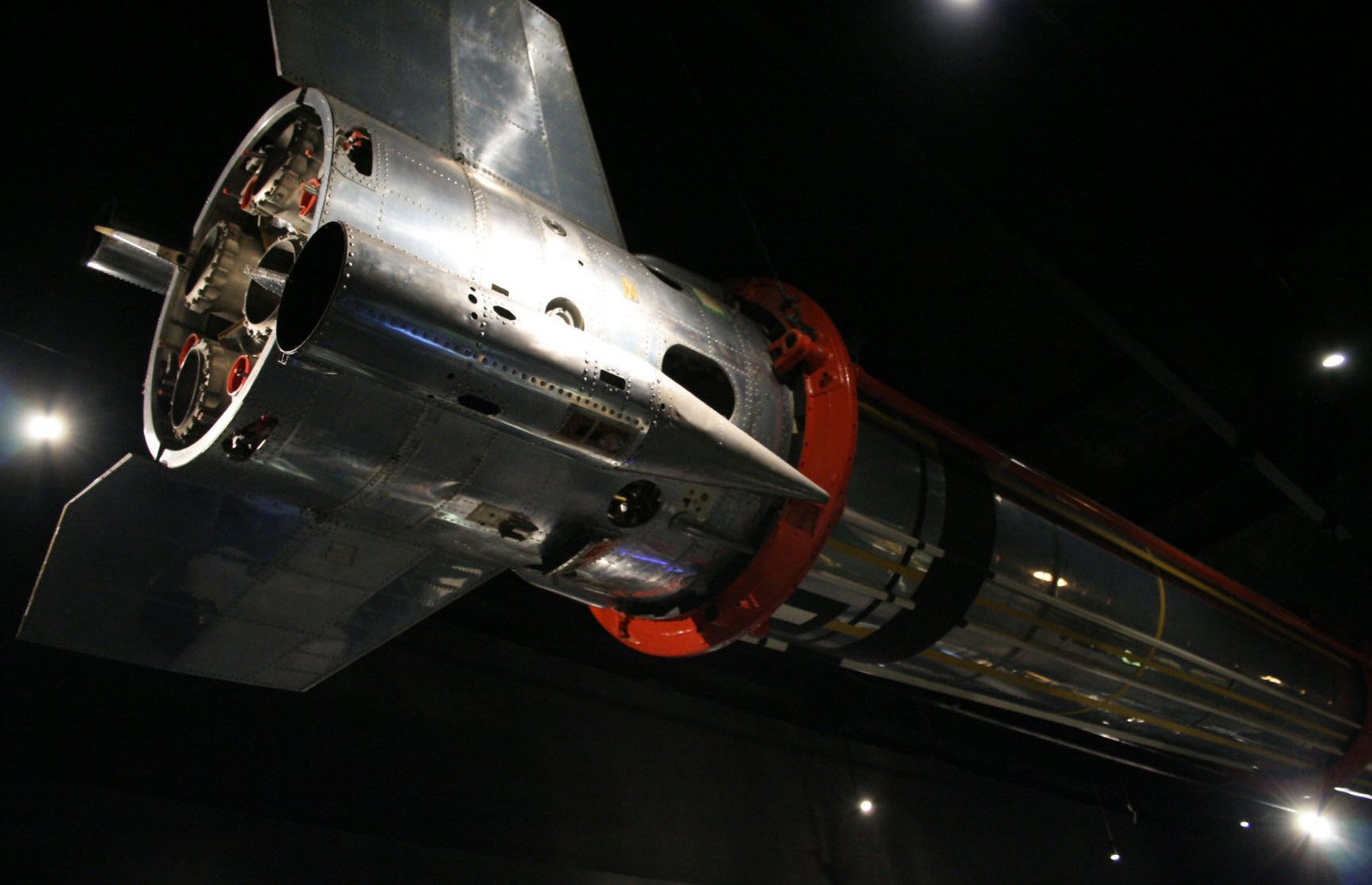

EARLIER this week Planet GNU mentioned the latest article by RMS. Dora Scilipoti quoted RMS: "Could there be a rocket that is totally free software? Should we demand that SpaceX liberate the software in its satellite launching rockets? I don't think the person who asked me this was serious, but answering that question may illuminate similar issues about the sorts of products people really buy today."
"What happened one year ago was an utter disgrace -- an unwarranted lynch mob with corporate media egging on a bunch of Internet trolls who post libel."Earlier on the same day (or a day earlier/later) ZDNet mentioned the role "Linux" [sic] plays in SpaceX; so there seems to be some discussion about those things.
"As far as I know," RMS wrote. "software as such is not capable of generating thrust. A rocket is necessarily principally a physical device. But it may include computerized control and telemetry systems, and thus software."
 RMS is thinking a little ahead, foreseeing remote updates when he argues as follows: "If someone offered to sell me a rocket, I would treat it like any other appliance. Consider, for instance, a thermostat. If it contains software to be modified, all the software in it needs to be free. If, however, the software in it needs not ever be altered, and it communicates only through some limited interface, such as buttons on the control panel, a TV remote control, or a USB interface with a fixed set of commands, I would not consider it crucial to know what is inside the thermostat: whether it contains a special-purpose chip, or a processor running code, makes no direct difference to me as user. If it does contain code, it might as well have a special chip instead, so I don't need to care which it is."
RMS is thinking a little ahead, foreseeing remote updates when he argues as follows: "If someone offered to sell me a rocket, I would treat it like any other appliance. Consider, for instance, a thermostat. If it contains software to be modified, all the software in it needs to be free. If, however, the software in it needs not ever be altered, and it communicates only through some limited interface, such as buttons on the control panel, a TV remote control, or a USB interface with a fixed set of commands, I would not consider it crucial to know what is inside the thermostat: whether it contains a special-purpose chip, or a processor running code, makes no direct difference to me as user. If it does contain code, it might as well have a special chip instead, so I don't need to care which it is."
"So it's about who may (or is likely) to be mistreated by bad/malicious code."To avoid misunderstanding or misrepresenting the views of RMS (as his haters like to do), let's jump to the key parts: "The rocket that SpaceX uses is not like your own car or van, or even a car or van leased to you. Rather, it's comparable to a moving company's van that is, for the moment, transporting your books and furniture to your specified destination. It is the moving company that deserves control over the software in that van — not the customer of the moment."
So it's about who may (or is likely) to be mistreated by bad/malicious code. "But there is one kind of activity which should never be treated as a service," he notes in contrast, naming, "private computational activity. That's because a private computational activity is exactly what you could do on your own computer in freedom, given suitable free software."
RMS later refers to the Clown Computing trend. "We call that “Service as a Software Substitute”, SaaSS for short," he notes, "and we reject it."
"RMS later refers to the Clown Computing trend."Later this week the FSF will have an online party for its 35th anniversary; yesterday it posted another notice regarding this event, stating that there will be "short talks from FSF president Geoffrey Knauth, executive director John Sullivan, and FSF founder Richard Stallman on the last thirty-five years of software freedom, and what the future holds for the FSF."
It's good to see RMS back as a speaker; in the last LibrePlanet he did participate remotely (as everybody else did), so it looks like the relationship is generally improving. That's the kind of thing we wish to see. What happened one year ago was an utter disgrace -- an unwarranted lynch mob with corporate media egging on a bunch of Internet trolls who post libel. It enraged a lot of people, who never bothered correcting falsehoods. They just really don't care about facts. ⬆